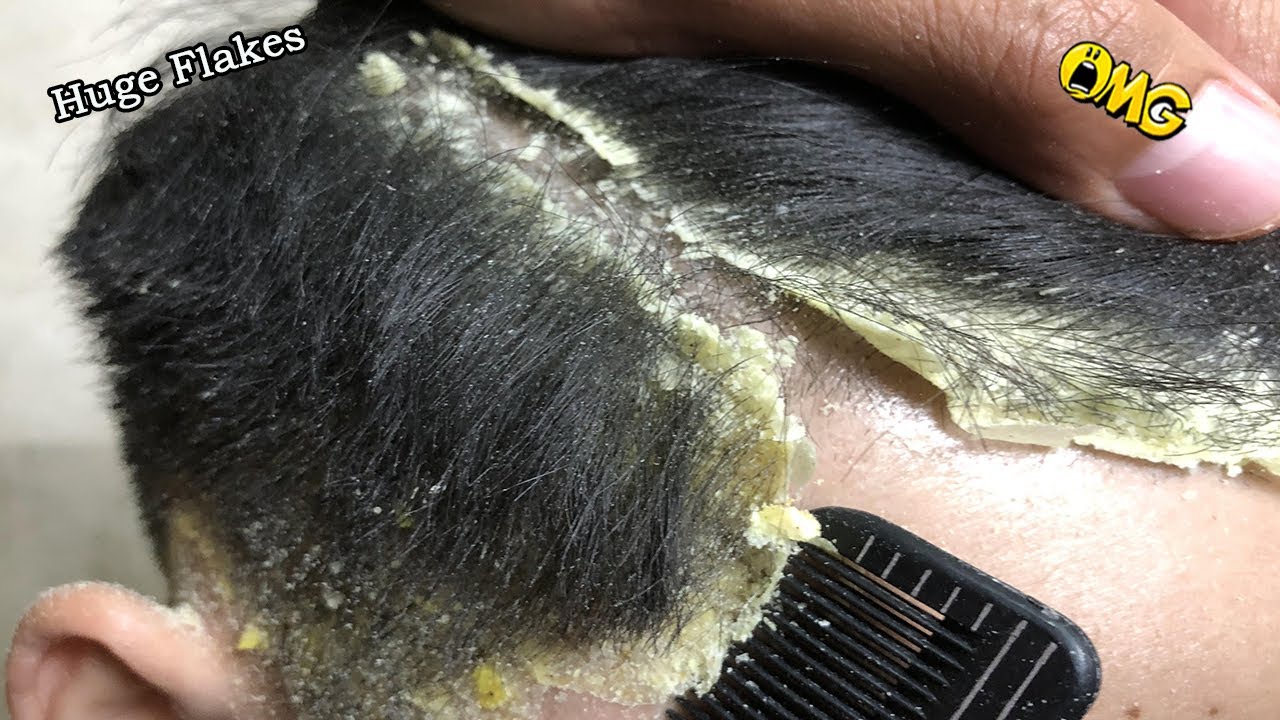
Dry scalp can be a bothersome and uncomfortable condition that affects many individuals. It is characterized by itching, flaking, and a general feeling of tightness or dryness on the scalp. In this article, we delve into the causes and symptoms of dry scalp, exploring effective solutions to alleviate the discomfort and restore a healthy scalp.
The Causes and Factors Behind Dry Scalp
Lack of Moisture Balance
One of the primary reasons for dry scalp is an imbalance in the scalp’s moisture levels. When the scalp doesn’t receive sufficient hydration, it can become dry, leading to itching and flaking. This imbalance can be influenced by various factors such as environmental conditions, excessive shampooing, harsh hair products, and even certain underlying medical conditions.
Seborrheic Dermatitis
Seborrheic dermatitis, a common skin condition, can also contribute to dry scalp. It causes the scalp to become red, itchy, and flaky due to an overgrowth of yeast on the skin. Factors like stress, hormonal changes, and a compromised immune system can trigger or exacerbate seborrheic dermatitis, leading to dryness and irritation of the scalp.
Hydrating Shampoos and Conditioners
Choosing the right hair care products specifically formulated for dry scalp can make a significant difference. Look for shampoos and conditioners that contain moisturizing ingredients like aloe vera, coconut oil, or tea tree oil. These can help restore moisture to the scalp, alleviate dryness, and promote a healthier scalp environment.
Scalp Exfoliation
Regular scalp exfoliation can help remove dead skin cells and unclog hair follicles, allowing for better absorption of moisturizing products. Gently massaging the scalp with a soft brush or using a scalp scrub once or twice a week can promote circulation, reduce flakiness, and improve the overall health of the scalp.
Moisturizing Treatments
In addition to using hydrating shampoos and conditioners, incorporating moisturizing treatments into your hair care routine can provide relief for dry scalp. Applying natural oils like jojoba oil, coconut oil, or argan oil to the scalp can help nourish and moisturize the skin. Leave-in conditioners and scalp serums specifically designed for dry scalp can also provide soothing and hydrating benefits.
When to Seek Professional Help
Persistent or Severe Symptoms
While many cases of dry scalp can be managed with home remedies and over-the-counter solutions, it’s important to seek professional help if the symptoms persist or worsen. If the dryness, itching, and flaking are severe, or if you notice any signs of infection or inflammation, it is advisable to consult a dermatologist who can assess your condition and provide appropriate treatment.
Underlying Medical Conditions
In some instances, dry scalp may be a symptom of an underlying medical condition such as psoriasis, eczema, or fungal infections. If you suspect that an underlying condition may be causing your dry scalp, a dermatologist can help diagnose and treat the root cause, providing targeted solutions to alleviate the dryness and discomfort.
Conclusion
Dry scalp can be a frustrating condition, but with the right knowledge and effective solutions, it is manageable. By understanding the causes and factors behind dry scalp and implementing appropriate care, you can alleviate the discomfort and restore a healthy scalp. Remember to choose moisturizing hair care products, exfoliate the scalp regularly, and seek professional help if necessary. With consistent care, you can achieve a nourished and balanced scalp, promoting overall scalp health and improving your hair care experience.



